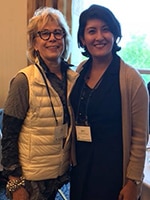08 Jan2019
By Deborah Koolbeck
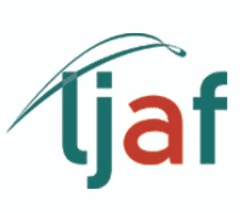
The U.S. Department of Education Office (USDOE) of Career, Technical, and Adult Education, recently published a funding opportunity geared to help improve the outcomes of postsecondary students, specifically underrepresented students. The Laura and John Arnold Foundation (LJAF) has issued a Funding Announcement and Request for Proposals on “Building Rigorous Evidence about How to Improve Postsecondary Success.”
According to the USDOE newsletter, “LJAF is interested in funding research and evaluation projects testing interventions related to postsecondary success (including student learning, persistence, completion, time to completion, job placement, and post-college earnings). They are particularly interested in interventions that promise to improve success among underserved students, such as low-income students, students of color, adult students, and veterans. LJAF has committed up to $10 million for these grants.”
Letters of Interest are due by January 31, 2019.
(Please note: AACTE is sharing this opportunity; it is not an endorsement of the foundation or its work.)
To stay abreast of other funding opportunities and updates, subscribe to the USDOE newsletters.
11 Dec2018
By Deborah Koolbeck
The U.S. Department of Education (Department) announced that it will allow TEACH grant recipients who met or are meeting their TEACH grant service requirements and had their grant converted to a loan to have this conversion reconsidered. While there are no details yet, the TEACH Grant webpage states that the Department will share its process for reconsideration by January 31, 2019. This is available only for those recipients who were meeting the requirements and had their loans converted due to noncompliance with the certification requirements.
During the course of the year, stories have arisen of TEACH grants being erroneously converted by the servicer, FedLoan. While the Department is moving into negotiated rulemaking on the TEACH grants starting in January, it is taking action in the meantime to change processes to protect recipients. In addition to reconsideration, the Department is also making a universal annual certification deadline of October 31, starting in 2019.
19 Nov2018
By Deborah Koolbeck
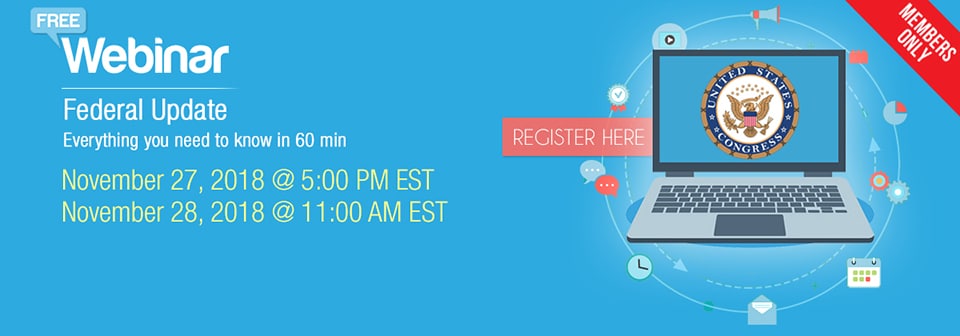
With the election over, Congress returns to Washington, D.C. to wrap up the year—and for some members, their time in Washington. As the U.S. House of Representatives and U.S. Senate start the lame-duck session, some attention is turning to the 116th Congress that begins in January.
With Congress finishing the Labor, Health & Human Services, Education and Related Agencies appropriations bill on time (September 30), it is important to remember that a large portion of the federal government is operating under a Continuing Resolution (CR). With a deadline of December 7, the CR brings with it contention and the potential for a government shutdown. It is also unclear what else the Republican majority will want to do in the last weeks of its leadership in the House and what the Senate can get done as well.
17 Oct2018
By Matt Smith
This article originally appeared online at news.ecu.edu and is reposted with permission.
ECU research group studying effects of school leadership secures $9.7M grant
A group of East Carolina University researchers studying the effects of school leadership has secured a five-year, $9.7 million grant from the U.S. Department of Education.
09 Oct2018
By Deborah Koolbeck
The U.S. Department of Education (DOE) named the 2018 recipients of the Teacher Quality Partnership (TQP) grant program on Friday, September 28. In total, the DOE funded 17 grantees from the $43.1 million appropriated by the U.S. Congress in the Fiscal Year 2018 Labor, Health and Human Services, Education, and Related Agencies bill.
The TQP grant program is the only federal initiative dedicated to strengthening and transforming educator preparation at institutions of higher education (IHEs). To be an eligible grant recipient, the IHE must offer a baccalaureate or graduate program in education, and collaborate with PK-12 partners. Other requirements include the IHE’s educator preparation program and college of arts and sciences work in partnership with a high-need school or schools in a local, high-need district. This helps prepare teacher candidates to teach in high-need fields by providing practical experience in these schools during their training. The innovative partnerships between IHEs and PK-12 schools transform educator preparation programs as well as provide benefits to teachers in the classroom.
20 Sep2018
By Deborah Koolbeck
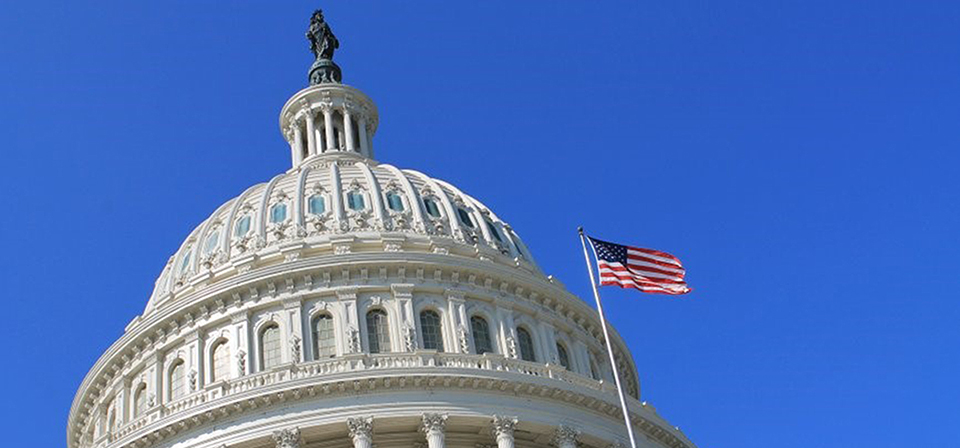
On Thursday, September 13, 2018, a spending deal was reached on both the Department of Defense and the Labor, Health and Human Services, Education and Related Agencies (labor-H) spending bills. These two bills were combined into one bill by the U.S. Senate and sent to the U.S. House of Representatives.
The two bodies then went into conference on the package, and a deal was reached. The next steps are to pass the agreement, known as a conference report, before the end of the fiscal year (September 30, 2018).
20 Aug2018
By Stacy Duffield
The North Dakota Association of Colleges for Teacher Education received a 2017-2018 AACTE State Chapter Support Grant for work on supervisor training modules to enhance the reliability and utility of the state’s new student teacher observation tool. Other AACTE chapters have also recently pursued collaborative work around assessment instruments, including those in Kansas and Ohio.
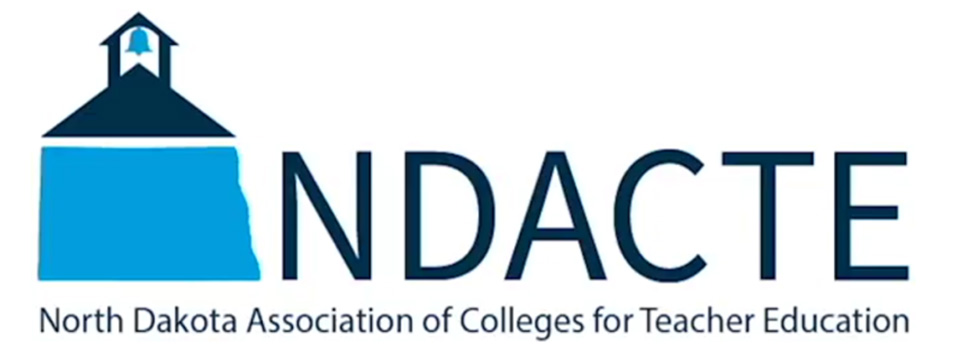
In 2016, the 12 member institutions of the North Dakota state chapter of AACTE collaborated to develop a student teacher observation tool (STOT). We were seeking a high-quality instrument to facilitate program improvement through meaningful, valid, and reliable data. We also knew that working together decreased the workload for all and leveraged resources and expertise across campuses. Finally, we were interested in adding to the common metrics used statewide to enable continued collaboration to improve teacher preparation in North Dakota.
14 Aug2018
By Christina Tschida, Ann Sebald and Kristen Cuthrell
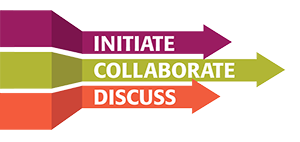
As leaders of AACTE’s Coteaching in Clinical Practice Topical Action Group (TAG), we are pleased to invite applications from PK-12 personnel to secure funding to attend the National Conference on Coteaching in Bloomington, Minnesota, October 24-26. Applications are due September 1 so don’t delay!
About the National Conference on Coteaching
10 Aug2018
By Shane Kirchner
The Kansas Association of Colleges for Teacher Education received a 2017-2018 AACTE State Chapter Support Grant for work on a statewide observation/assessment instrument for use with student teachers. The author is the chapter’s lead contact on the grant. Other AACTE chapters have also recently pursued collaborative work around assessment instruments, including those in Ohio and North Dakota.

In collaboration with the Kansas State Department of Education and Marzano Research/REL Central, members of the Kansas Association of Colleges for Teacher Education (KACTE) are piloting and testing the reliability and validity of a student teacher observation/assessment instrument they developed for statewide use.
24 Jul2018
By Deborah Koolbeck

Just a quick reminder to AACTE state chapters across the country: Friday, July 27, is the application deadline for the 2018-19 AACTE State Chapter Support Grants.
This year, a total of $40,000 is available for state chapter activities, and $10,000 is available to support chapter capacity and development, as described in the request for proposals.
24 Jul2018
By Deborah Koolbeck
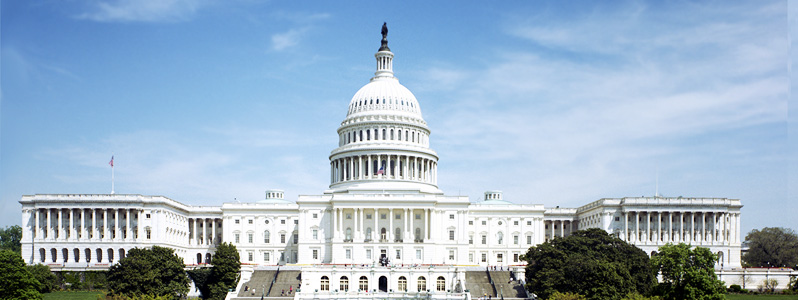
As the focus of Congress turns toward accumulating “wins” for members to use to get re-elected, the appropriations process has taken an unexpected turn – work is getting done.
As I have shared with AACTE members in recent Federal Update webinars, Senator Richard Shelby (R-AL, chair of appropriations in the U.S. Senate) and Representative Rodney Frelinghuysen (R-NJ, chair of appropriations in the U.S. House of Representatives) committed to seeing the appropriations process return to “normal” this year–and that commitment is coming to fruition. By the end of June, the Senate had moved all 12 appropriations bills through subcommittee and full committee, and the House is on track to do so by the August recess.
05 Jul2018
By Melissa Cuba
AACTE Consultant Jane E. West and the author at the Holmes Summer Policy Institute in Washington, DC
I often ask myself, “How can I use my work as an emerging researcher and scholar to help inform educational policy and practice?” Sadly, the implications section of the manuscripts I have produced and even read often feels distant and unattainable, especially without an audience that is empowered to take action. Thankfully, this month’s AACTE Holmes Summer Policy Institute helped me see how I could navigate a new space and translate my work to impact change.
During the sessions, I realized the importance of building relationships, knowing the agenda, and sharing my work in multiple mediums. I learned the importance of branding and using social media to promote the work I am doing and also to inform my community in ways that are accessible. While that may feel foreign to some, including me, I know I can post a section of a paper I am working on or some key data that might get some people to think twice about an education-related topic.
28 Jun2018
By Deborah Koolbeck
On June 22, the U.S. House of Representatives Appropriations Subcommittee on Labor, Health and Human Services, Education, and Related Agencies (Labor-H) moved its Fiscal Year 2019 bill through markup. Despite the FY19 increase of $18 billion for nondefense discretionary funds from the deal made earlier this year, the House FY19 Labor-H bill received no additional funds (the Labor-H bill contains about 32% of the nondefense discretionary funds found across all federal agencies).
Given this challenge, it was a pleasant surprise to see that the programs that AACTE advocates for receive level funding or a small increase:
26 Jun2018
By Zachary VanHouten
As reauthorization of the Higher Education Act (HEA) continues in Congress, AACTE is unveiling a new resource to support members in their advocacy efforts with members of Congress. The TEACH Grant Vignettes, collected in 2017 and 2018, provide powerful narratives on the significance that the Teacher Education Assistance for College and Higher Education (TEACH) grants have on access and financial assistance for teacher candidates.
Here is a sample vignette from an undergraduate grant recipient at Northern Kentucky University:
12 Jun2018
By Zachary VanHouten

The federal appropriations season for Fiscal Year 2019 is kicking into high gear during the month of June, with committee markups of the Labor, Health & Human Services, Education, and Related Agencies funding bill scheduled in both the House and Senate. On top of that, there is a growing possibility that the Promoting Real Opportunity, Success, and Prosperity through Education Reform (PROSPER) Act, a problematic bill that would reauthorize the Higher Education Act (HEA), will come to the floor of the House for a vote in June.
Whether or not you just attended AACTE’s Washington Week, this is a great opportunity to continue growing your advocacy capacity by staying informed – there have been numerous developments in this past week alone! We encourage you to watch the webinar with your students and colleagues, as the content covered in the webinar can help inform their advocacy for the profession.















